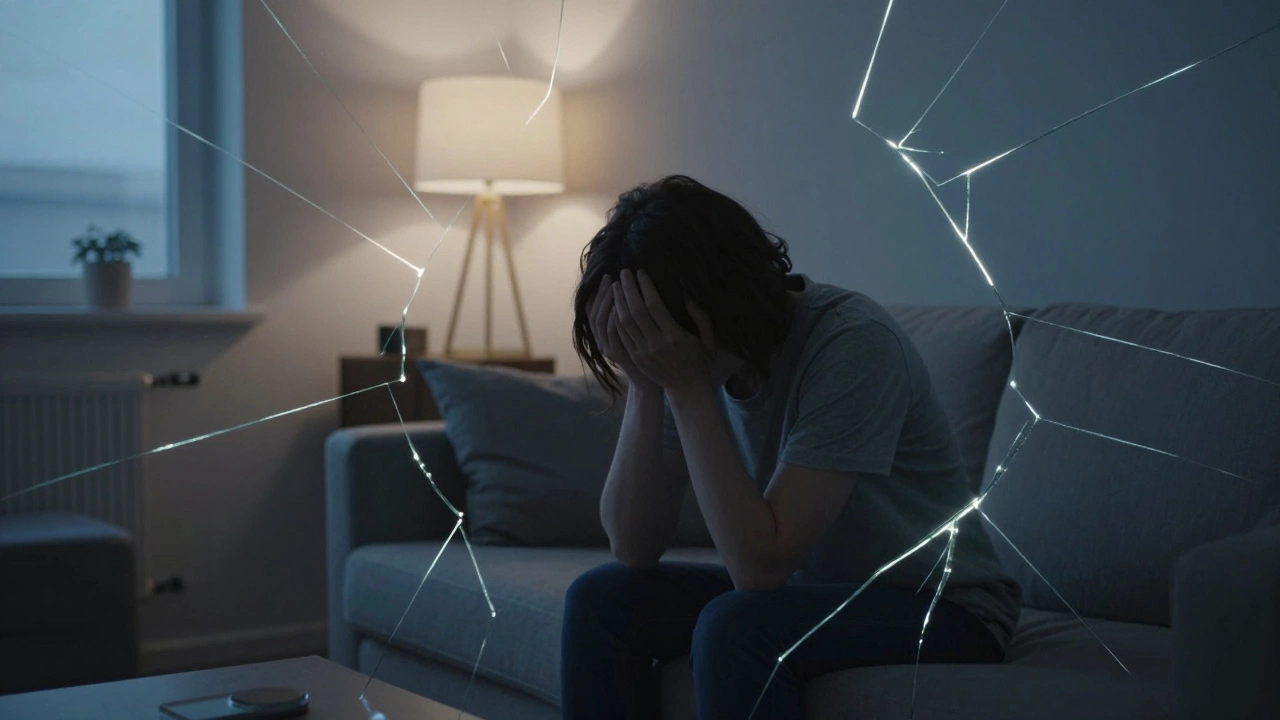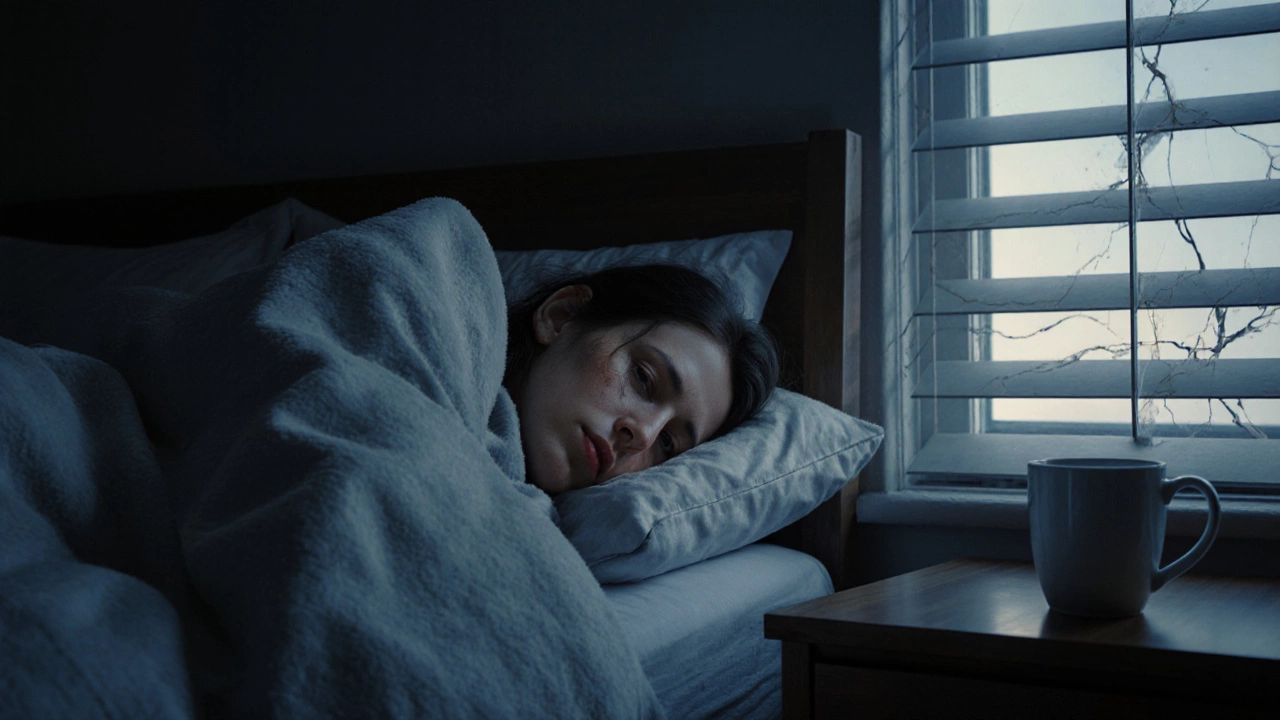Schizophrenia: Symptoms, Causes, and What Really Helps
When we talk about schizophrenia, a chronic mental illness that affects how a person thinks, feels, and behaves, often leading to hallucinations, delusions, and disorganized thinking. Also known as psychotic disorder, it’s not about having multiple personalities—it’s about the brain struggling to separate reality from imagination. Millions of people worldwide live with this condition, and many more are affected through family, friends, or caregivers. It doesn’t discriminate by age, income, or education. What it does do is make everyday life harder—sometimes impossible—without the right support.
Schizophrenia doesn’t show up overnight. It usually starts in late teens or early adulthood, and early signs can be easy to miss: withdrawing from people, trouble focusing, strange speech, or a sudden drop in performance at school or work. These aren’t just "being lazy" or "going through a phase." They’re early warnings of something deeper. Research shows that genetics, brain chemistry, and environmental triggers like stress or drug use all play a role. It’s not caused by bad parenting or weak willpower. It’s a medical condition, like diabetes or high blood pressure, but it affects the mind instead of the body.
People with schizophrenia often hear voices others don’t, believe things that aren’t true, or feel like they’re being watched or controlled. These experiences are real to them—even if they don’t make sense to others. That’s why treatment isn’t about convincing them they’re wrong. It’s about helping them manage those experiences so they can live fuller lives. The most effective treatments combine antipsychotic medication, drugs that help balance brain chemicals and reduce hallucinations and delusions with therapy, social support, and lifestyle changes. Some find relief through structured routines, regular sleep, avoiding alcohol and cannabis, and working with peer support groups. It’s not a cure, but it’s a path forward.
What’s missing from most conversations is how much recovery is possible. Many people with schizophrenia go on to hold jobs, live independently, and build meaningful relationships. It takes time, patience, and the right team—doctors, therapists, family, and sometimes case managers. The stigma around this illness still holds people back from seeking help, but awareness is growing. You don’t have to suffer in silence. Help exists, and it works.
Below, you’ll find real stories, practical advice, and clear explanations from people who’ve lived through it—or helped someone who has. From what medications actually do, to how families can respond without making things worse, to what daily life looks like after diagnosis—this collection cuts through the myths and gives you what matters.






